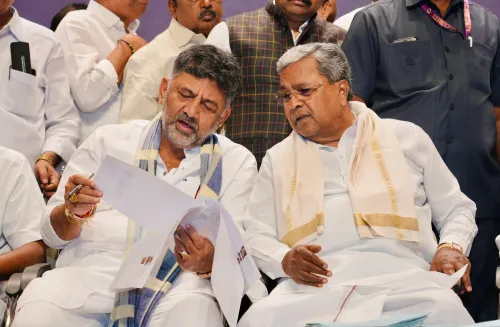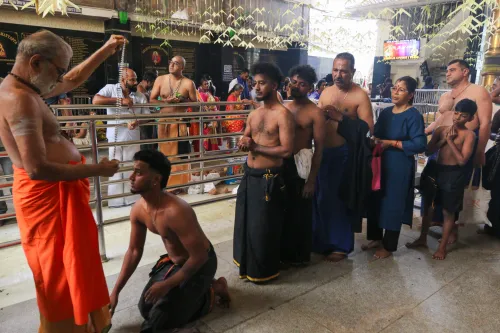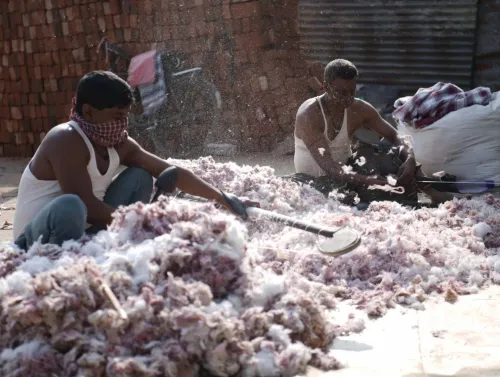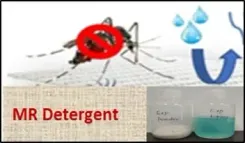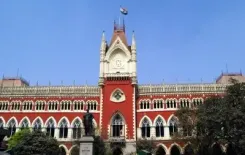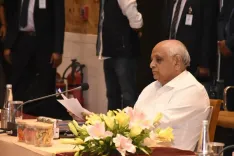How is Stalin Empowering Rural Development through Gram Sabhas?
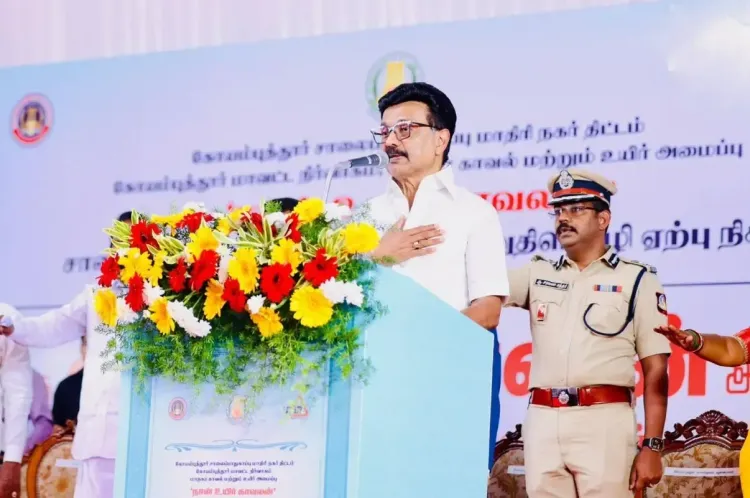
Synopsis
Key Takeaways
- 10,000 gram sabha meetings reinforce grassroots democracy.
- Focus on identifying local needs and improving infrastructure.
- Emphasis on education and child welfare to combat child labour.
- Women's self-help groups receive attention for scholarships and entrepreneurship.
- Preventive measures against monsoon-related challenges are encouraged.
Chennai, Oct 11 (NationPress) Chief Minister M.K. Stalin addressed almost 10,000 gram sabha meetings via video conferencing on Saturday, reinforcing the state government’s dedication to bolstering rural communities and enhancing grassroots democracy.
The meetings took place simultaneously in 12,480 village panchayats with the aim of pinpointing local necessities and passing resolutions to elevate living conditions and infrastructure.
In his address, the Chief Minister stated, “Villages are the backbone of our nation. As Mahatma Gandhi noted, the strength of independent India resides in its villages. We have crafted numerous programs to invigorate the rural economy and enhance the effectiveness of local governance. These initiatives lay the groundwork for the advancement of Tamil Nadu’s panchayats.”
Stressing the role of gram sabhas as venues for participatory democracy, Stalin highlighted that every citizen is entitled to engage in panchayat administration.
“This is why we conduct six gram sabha meetings each year, where residents can discuss developmental objectives, welfare initiatives, and pass crucial resolutions,” he added.
The Chief Minister encouraged residents to identify three primary needs for each panchayat and draft resolutions under the Namma Ooru Namma Arasu scheme.
He also instructed officials to eliminate caste-based names from village streets, roads, and public areas, advocating for neutral or nature-inspired names through community consensus.
“If the public opts to keep an existing name, it need not be altered,” he clarified.
Stalin underscored the significance of education and child welfare, urging villagers to report any instances of child labour to district authorities.
He commended the efforts of women’s self-help groups, announcing that the next phase of the initiative will focus on women’s scholarships and entrepreneurship via the Vidiyal Journey program.
The Chief Minister also called upon panchayats to implement preventive measures against monsoon-related challenges, advocate for rainwater harvesting, reduce plastic use, and strengthen dengue prevention efforts.
During these gram sabhas, discussions encompassed 16 vital topics, including poverty alleviation loans for rural households, beneficiary prioritization, and sustainable development strategies.
In accordance with a central government directive, video recordings of meetings in 7,515 village panchayats are being uploaded to the SubSUR web portal. Officials confirmed that further participatory meetings will be conducted later this month in 12,838 urban wards throughout Tamil Nadu.

